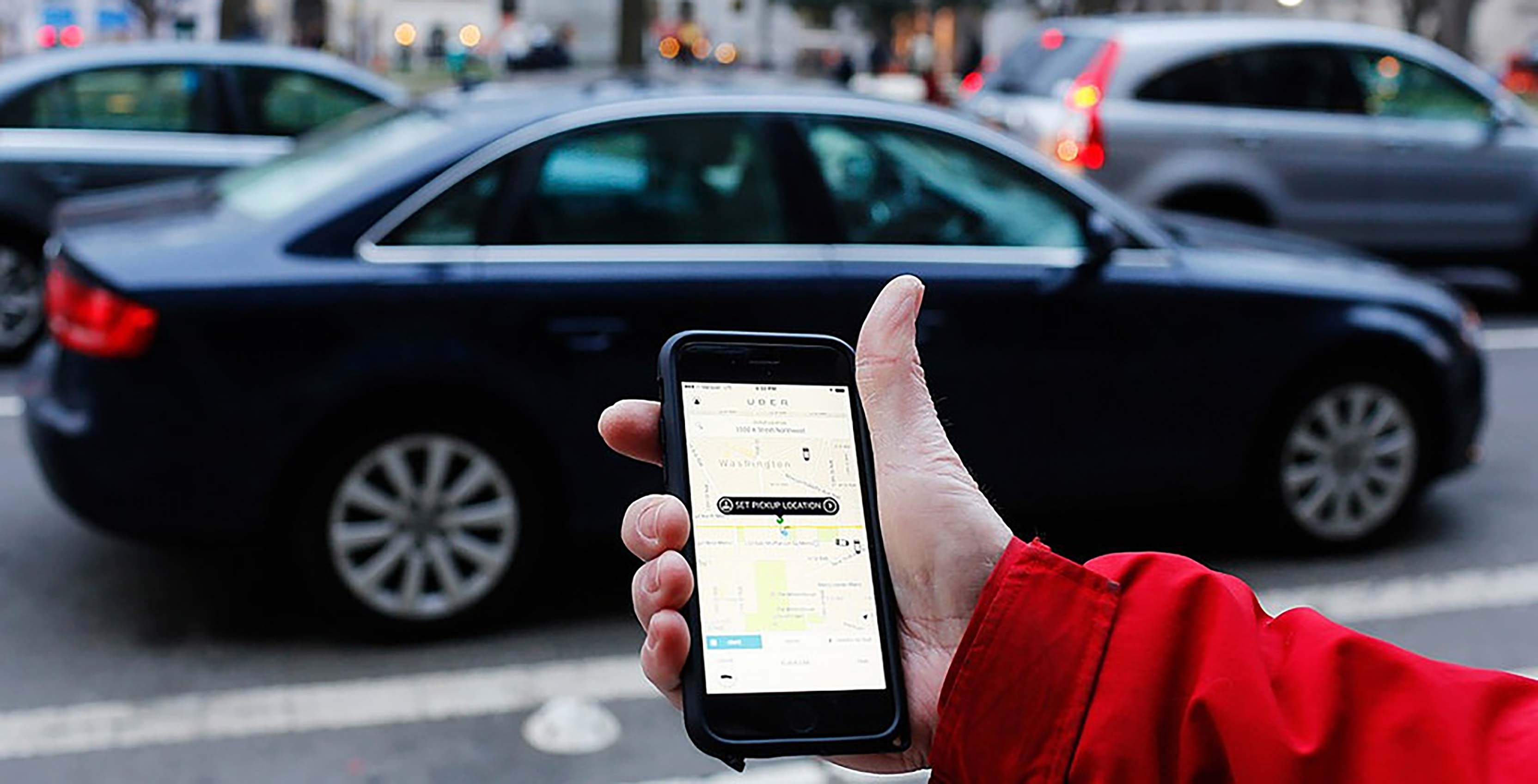
The City of Vancouver is discussing whether ride-hailing companies, like Uber and Lyft, should be charged mobility fees, or taxes, on top of what companies already charge passengers.
According to a January 15th, 2019 Vancouver Sun article, Vancouver city council was presented a January 7th, 2019 staff report from city staff submissions that proposed taxes “intended to target high-traffic areas and peak travel times as a way of fighting congestion, particularly downtown.”
Legislation to allow ride-hailing companies to operate by fall 2019 was introduced on November 19th, 2018.
B.C. NDP transportation minister Claire Trevena proposed to amend eight statues, giving the provincial Passenger Transportation Board (PTB) the ability to accept applications, as well as set rules and conditions for licencing taxis and ride-sharing companies.
B.C’s NDP government has been criticized for delaying this legislation since it was first announced as part of Premier John Horgan’s 2017 election pledge.
Vancouver is currently one of Canada’s largest cities that doesn’t have any legal ride-sharing options.
The January 7th, 2019 report included submissions from last year that cover issues relating to passenger safety, traffic mobility in the region and the financial viability of the taxi industry.
The submission suggested that the city or the Metro Vancouver area be allowed “future opportunities for road user charges to best manage mobility outcomes [and] minimize congestion, ideally by time of day in any problematic areas.”
“Ride-hailing has the potential to reverse the City of Vancouver’s current trend of decreasing vehicle kilometres travelled per capita and increase congestion overall,” the report said.
It added: “Additionally, the frequent pickup and drop-off activity caused by ride-hailing may lead to increased congestion caused by illegal stopping in travel lanes, bike lanes and transit stops. Among other effects, increased congestion impedes transit service, increases carbon emissions, and slows the movement of goods.”
The report cited examples of other cities that charge a per-trip tax, including New York City, Philadelphia, Chicago, Seattle and Portland.
In October 2015, the City of Calgary approved a proposal to add up to 30 cents to every taxi or Uber fare. The surcharge was made in order to help fund improvements to wheelchair-accessible cab services in the city.
An Uber Canada spokesperson said in an email that the company is “supportive” of the efforts the City of Vancouver is making by engaging with the provincial committee on ridesharing, “particularly regarding regional coordination on business licensing and per-trip fees if this is not to be managed by the province.”
“We hope that Council will continue to encourage policies that enhance reliable and affordable transportation for Vancouverites. Uber is committed to working with the province and the City of Vancouver to ensure that ridesharing is introduced in a manner that expands mobility options in BC,” the spokesperson said.
Source: Vancouver Sun
Update 17/01/2019 2:50 pm: The article was updated with a comment from Uber Canada.
MobileSyrup may earn a commission from purchases made via our links, which helps fund the journalism we provide free on our website. These links do not influence our editorial content. Support us here.


